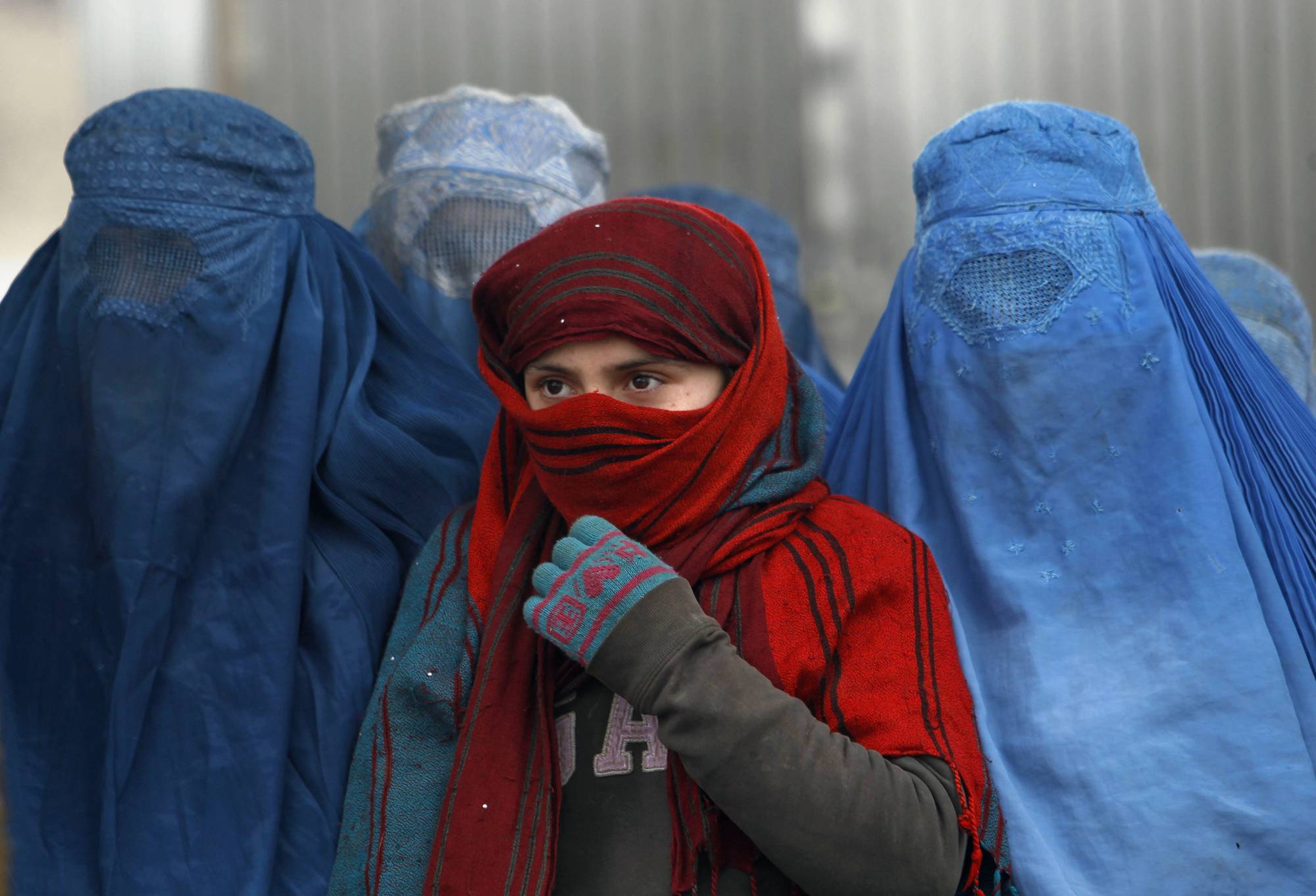It is now more than four months since the dramatic exit of U.S. and other Western forces from Afghanistan. By chartering special flights, loosening asylum rules and releasing funds, Western countries airlifted a few thousand lucky Afghans to safety as the Taliban retook control of the country. But those left behind have been shut off from the rest of the world — whether or not they are Taliban supporters.
Foreign governments have frozen international banking transactions and trade with Afghanistan, mostly at the behest of the United States, by imposing the vast array of counter-terrorism rules established over the past 20 years. As a result, Afghan public-sector salaries have dried up and the economy has tanked. Many development-aid projects, no matter how essential, have been paralyzed or canceled.
As a result, the onset of the harsh Afghan winter has brought rising prices and food has become increasingly scarce. Schools, clinics and hospitals across the country have stopped functioning. So, just when the Afghan people need more help, they are being denied even the basics. It is a high price to pay for being ruled by the Taliban.


















With your current subscription plan you can comment on stories. However, before writing your first comment, please create a display name in the Profile section of your subscriber account page.